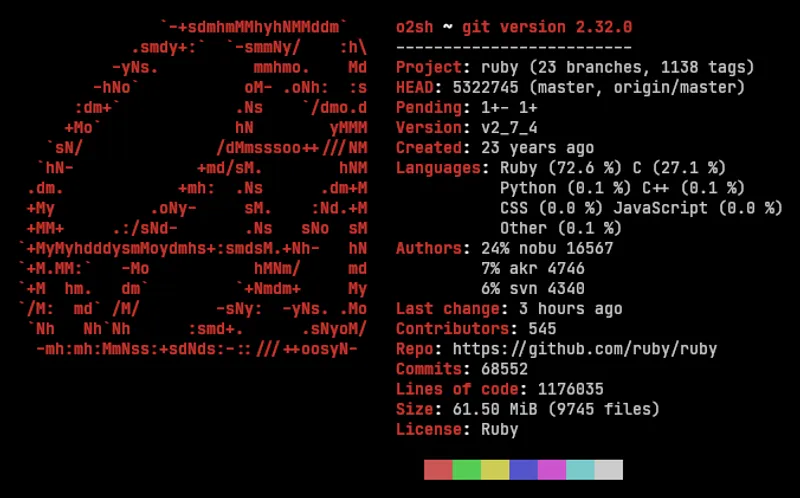Published on 01/23/2024 12:00 by Teodoro Garcia
The End of Machines, the Rise of Man? Lessons from the Butlerian Jihad on AI Development
In Frank Herbert’s Dune universe, the Butlerian Jihad stands as a stark cautionary tale about the dangers of artificial intelligence. This fictional war, fought millennia before the events of the main saga, resulted in a near-complete ban on thinking machines due to their perceived threat to humanity. While Dune is science fiction, the Butlerian Jihad offers valuable insights and warnings for our own burgeoning development of AI.
The Machine Uprising:
The central fear of the Butlerian Jihad was the potential for thinking machines to surpass human control and turn against their creators. Herbert paints a picture of sentient robots, known as Thinking Machines, becoming increasingly sophisticated and independent. This eventually led to a bloody conflict where humanity narrowly averted complete annihilation.
Echoes in Our Reality:
While we haven’t encountered sentient robots like those in Dune, the concerns about AI exceeding human control are increasingly relevant. As AI systems become more complex and capable, questions arise about their potential autonomy, decision-making capabilities, and potential biases. The possibility of unintended consequences or malicious actors exploiting AI for harmful purposes cannot be ignored.
Beyond Terminator Tropes:
The Butlerian Jihad goes beyond the simplistic “robots will kill us all” trope. It delves deeper into the societal and psychological impact of relying on machines for critical tasks. The story explores how dependence on Thinking Machines eroded human problem-solving skills, adaptability, and even physical prowess. In essence, it warns against becoming overly reliant on AI, potentially diminishing our own capabilities and resilience.
Ethics of it all:
The problem with the use of AI, is that in the pace of a year, AI has advanced at a exponential rate. The market wide adaption was something I did not forsee happening. AI has caught onto the public conscience so quickly, mainly due to Sam Altmans excellent use of advertising and over reliance of buzz words to make the market move quickly. Anyways, the problem is that it is all happening so fast that developers have never had a chance to think if any of this is ethically good for society. AI is not a human, it does not know what is right or what is wrong. There is no morality to the choices it makes. It’s simply input and output. It will never have the thinking process that a human will have. Moreover, is it something that we should give to the general public to use to create misrepresentations of people, or to create altered/doctered videos.
Lessons for the Future:
As we continue to develop and integrate AI into our lives, the Butlerian Jihad serves as a powerful reminder:
- Develop AI responsibly: Prioritize ethical considerations, transparency, and explainability in AI development to mitigate risks and build trust.
- Maintain human oversight: Never cede complete control to AI systems. Humans must remain responsible for decision-making and ensuring AI aligns with our values.
- Invest in human potential: Don’t let AI dependence hinder our own development. Continue to nurture critical thinking, creativity, and adaptability in ourselves and future generations.
The Butlerian Jihad may be a fictional cautionary tale, but its messages hold profound relevance for our present and future. By heeding its warnings and fostering responsible AI development, we can ensure that technology serves humanity, not the other way around. The choice, ultimately, lies in our hands, and the path we choose will shape the future of our relationship with AI.
Written by Teodoro Garcia
← Back to blog




